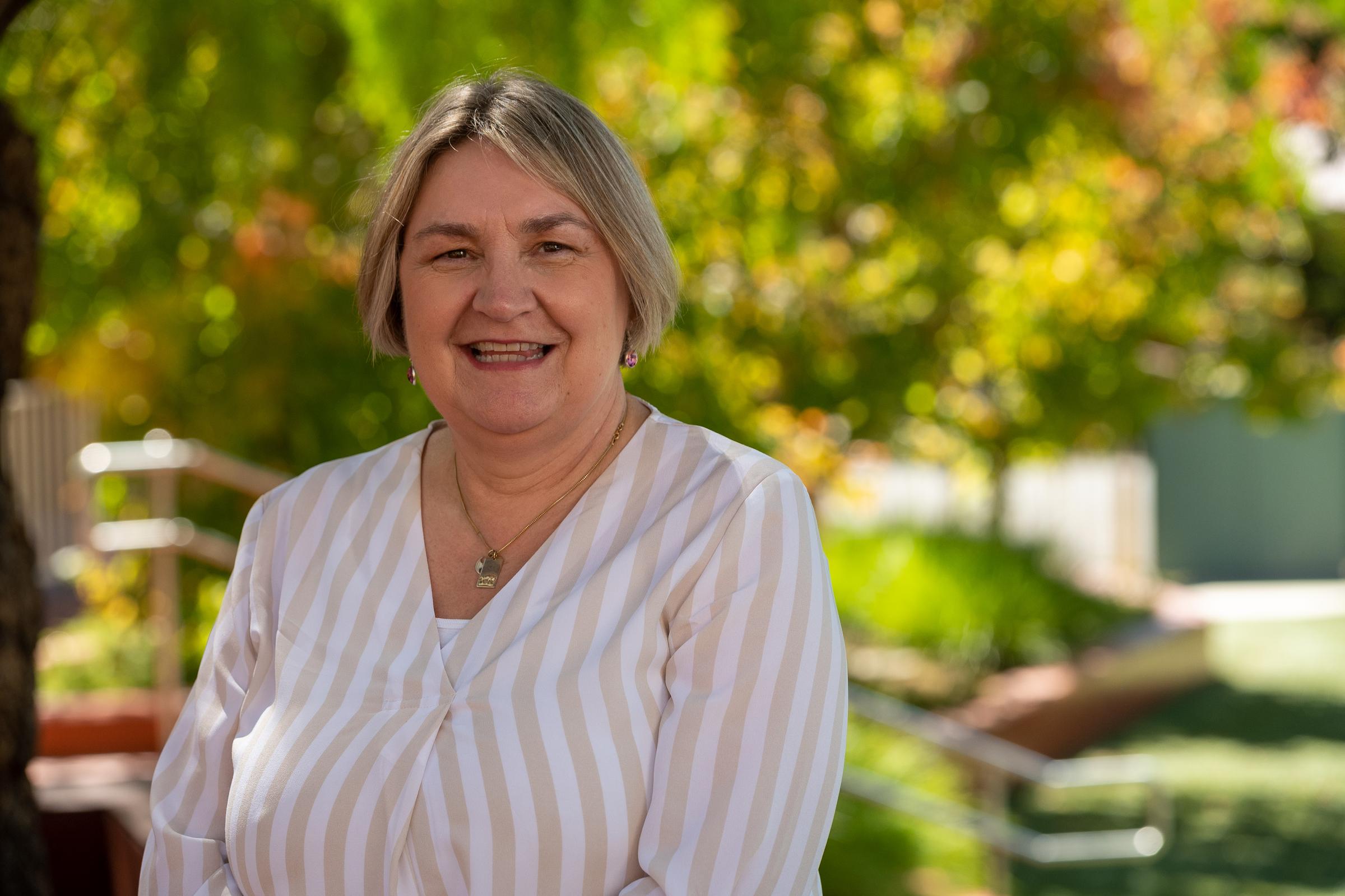From the Head of Senior School

I hope that all our families enjoyed a well-deserved rest over the holidays, and it has been wonderful to welcome everyone back for Term 4. As a traditionally busy time at Girton, I encourage families to check the Astra home page to stay up to date with upcoming events.
Testing and Transition Day
This week, next year’s incoming cohort of Year 7 students attended a Testing and Transition Day, which is an important step in their journey to Senior School. The morning started with three Progressive Achievement Tests (PAT): one for reading, another for numeracy, and a general ability assessment. This testing offers valuable insights to help our teachers tailor their instruction to meet each child's unique learning needs.
After lunch, the students had the chance to bond and build connections through team activities in the school gymnasium. This strengthened their sense of belonging and helped to ease the nerves that can come with the transition to Senior School. For the students joining us from other schools, the day provided a wonderful opportunity to form new friendships and build their excitement about the exciting adventure ahead of them at Girton.
Transition to Senior School – Helping your child with their learning
Research shows that children are more likely to succeed if their parents are involved in their learning. Hendersen and Mapp (2002) found that ‘the more families support their children's learning and educational progress, the more their children tend to do well in school and continue their education’. Below are some strategies you can use to support your child with their study and learning.
- Study environment: Make sure your child has a quiet, open space with minimal distractions for studying at home. You can involve your child in creating this space, which should ideally include a desk; an ergonomic chair; a noticeboard; good lighting; and a shelf or drawers for folders, books and papers.
- Breakfast: Encourage your child to start their day with a nutritious breakfast that includes grains, fibre and protein and is low in sugar. Incorporating a good breakfast as part of their daily routine will help to increase their energy, attention span, concentration and memory. Similarly, providing nutritious snacks and lunch will help your child remain focused throughout the day.
- Organisation: Encourage your child to use the term and semester planners in their student diary to record their assessment dates, co-curriculars and social activities. It can also be helpful to create a calendar for each term to display near their desk. This will help you and your child see the big picture of their commitments, rather than a weekly or daily version, and enable you both to identify periods with a heavier workload so you can tailor social activities accordingly. It’s a good idea to sit down with your child every week to discuss their schedule, when work can be completed, and how you could help by reducing family commitments or social engagements.
- Filing systems: Master folders should be set up for each subject at home so students can file their notes in appropriate categories after completing each topic. Folders also provide students with somewhere to store completed tests and assignments. Most students keep all their notes in a folder that gets brought to and from school each day, but naturally as the term and year progresses, storing all their subject notes in one folder becomes messy (and risky if misplaced). Your child may also need help organising files on their computer and devices.
- Routines: Helping your child to establish routines can add an element of calm to each day. Simple routines, such as having their school bag packed and their uniform ready before going to bed each night, can eliminate unnecessary angst in the morning. A helpful addition to the evening schedule is to determine the next day's lessons, and when homework and daily revision will be completed. Some students find it helpful to complete their schoolwork at a regular time each day.
- Timetable: Keep your child's timetable somewhere accessible so you can ask relevant questions such as, "What were you doing in Science today?". Asking specific questions can often start a conversation that helps your child to reinforce what they learned, which in turn increases their memory (and understanding) of the lesson.
In our next newsletter, I will provide further strategies concerning subjects, assessments, technology and communication with the School.
Ironically, the first two weeks of this term are the last two weeks for our Year 12 students. Many of them attended revision classes with their teachers during the holiday break, and as they now complete their final days of formal schooling, they are busy preparing for their final examinations with their teachers.
To our Year 12 cohort, as you embark on the next chapter of your journey, remember that your final day is not the end but a remarkable beginning. Your future is like a blank canvas, and it is up to you to choose the colours you paint with. Embrace every opportunity, learn from every challenge, and let your passion be the brush that creates a masterpiece. Congratulations to our class of 2023: the world is waiting for your unique brilliance to shine. I wish you all the best for your upcoming examinations and whatever path you follow beyond Girton.
Ms Dawn Davis
Head of Senior School

